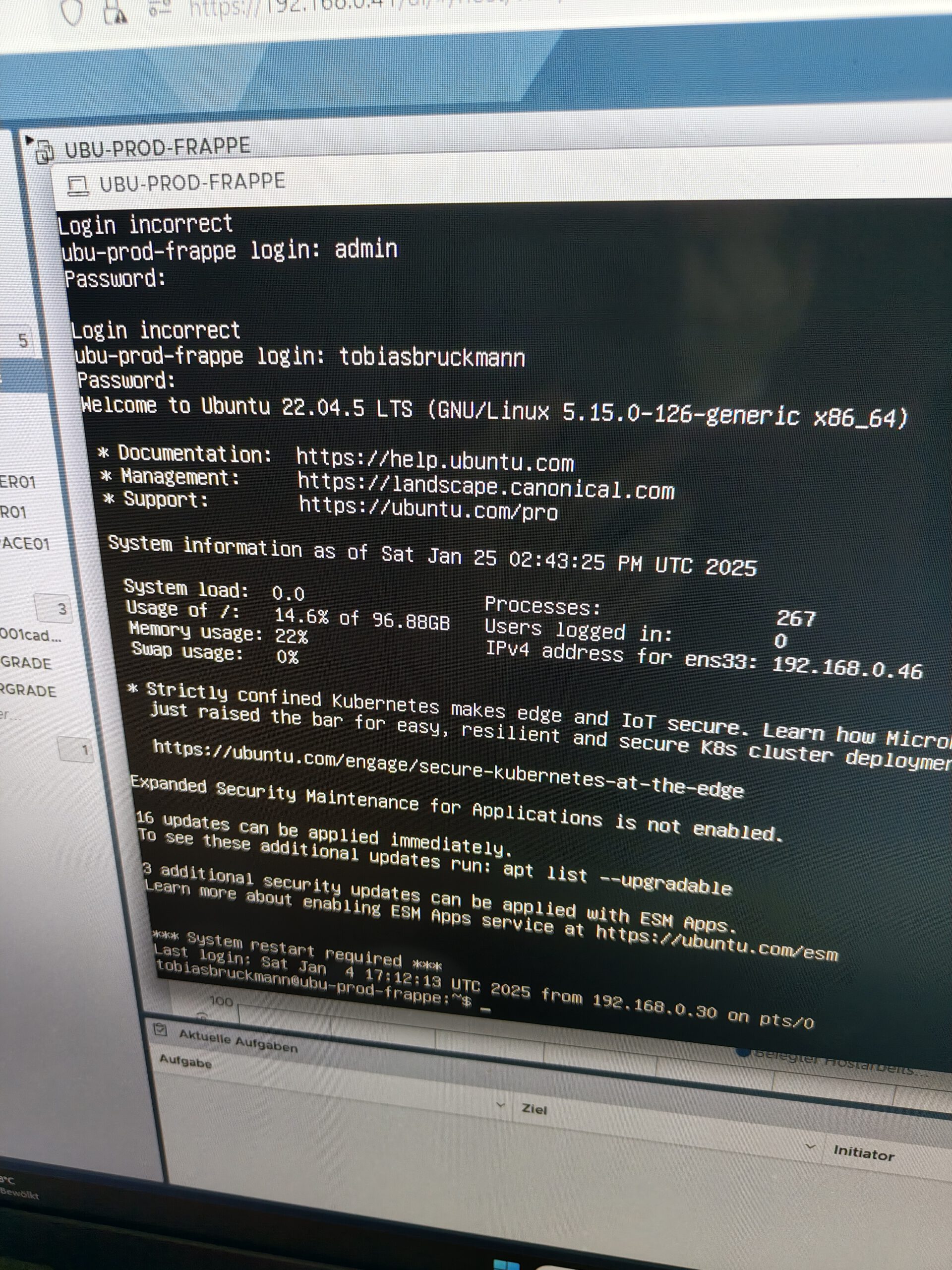
A thousand lectures can’t replace a single DIY Project
As someone currently pursuing my master of Electrical Engineering at RWTH-Aachen with a childhood background of DIY electronics home projects, I had the pleasure of always associating real-world applications with the theoretical concepts I encountered. This experience has been so valuable to me, that I want to share it with as many people as possible, which is what HighOnVoltage is all about!

Why should you pursue science as more than your career

Motivate yourself
I know from experience and talking to my students that learning theory is immensely aided by knowing the real-world applicability

Feel empowerment
Being able to shape the world around you by turning ideas into prototypes and maybe even products will shape the way you see your surroundings and yourself!

Gain experience
The running gag, that you need 10 years experience for an entry level job, won’t catch up to you if you can show a history of real world problems you solved

Have Fun
I admit it, as a nerd and indoor enthusiast, fun is somewhat alien to me, but I assure you, building a few silly inventions here and there will have you and your friends excited in no time!
Nerd activities
A glimpse at a few of the things I like to do as a certified nerd and science enthusiast. Just remember that the possibilities are endless!
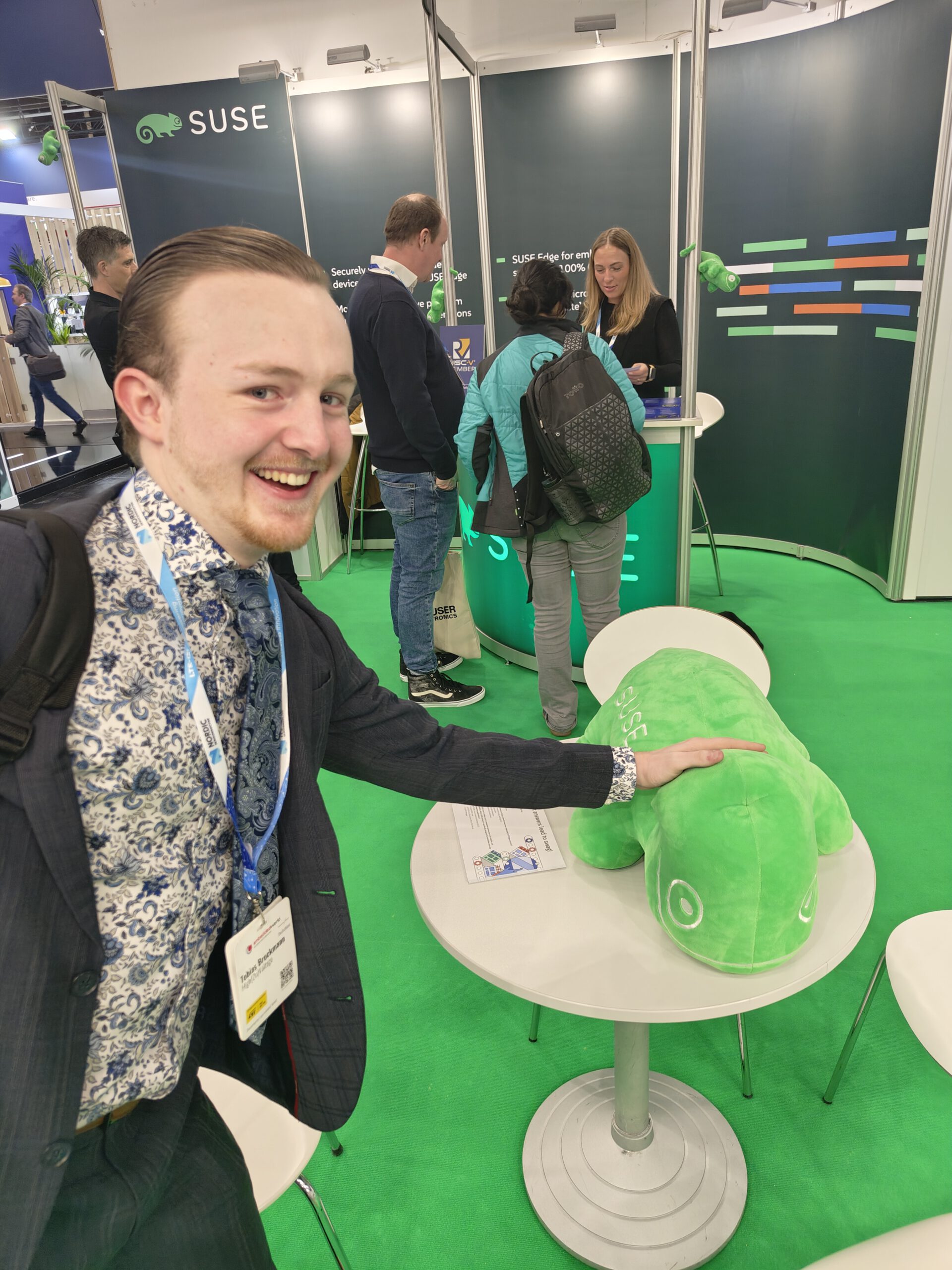
Attend Conferences
This can be a great group activity and is sometimes aided by special student days like the one at Embedded World. Get a glimpse at state-of-the-art electronics and possible future employers!
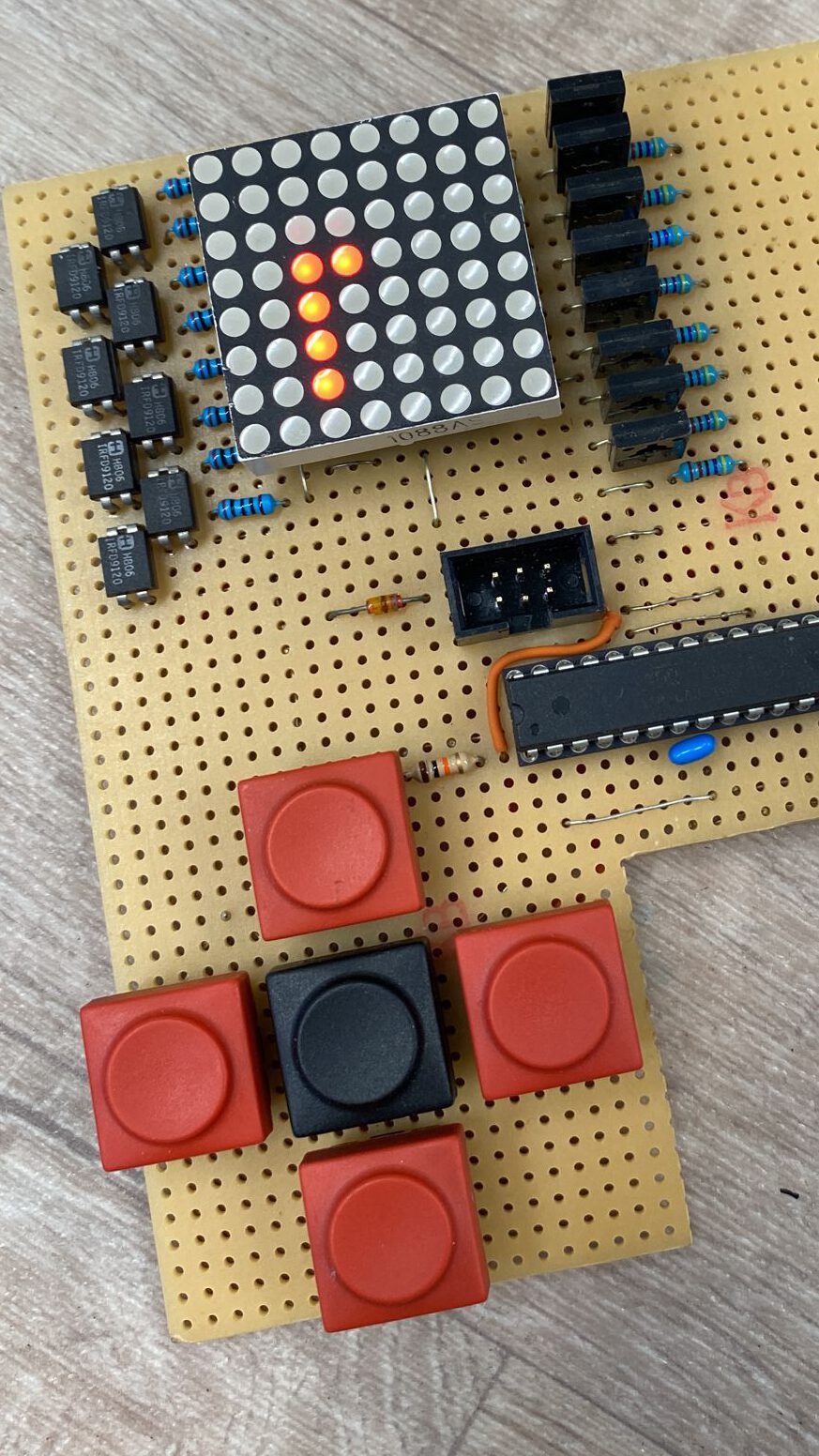
Build random weekend projects
There is more to learn from a random project than you might think! Especially if you start out having no idea what you got yourself into. And remember progress needs failures
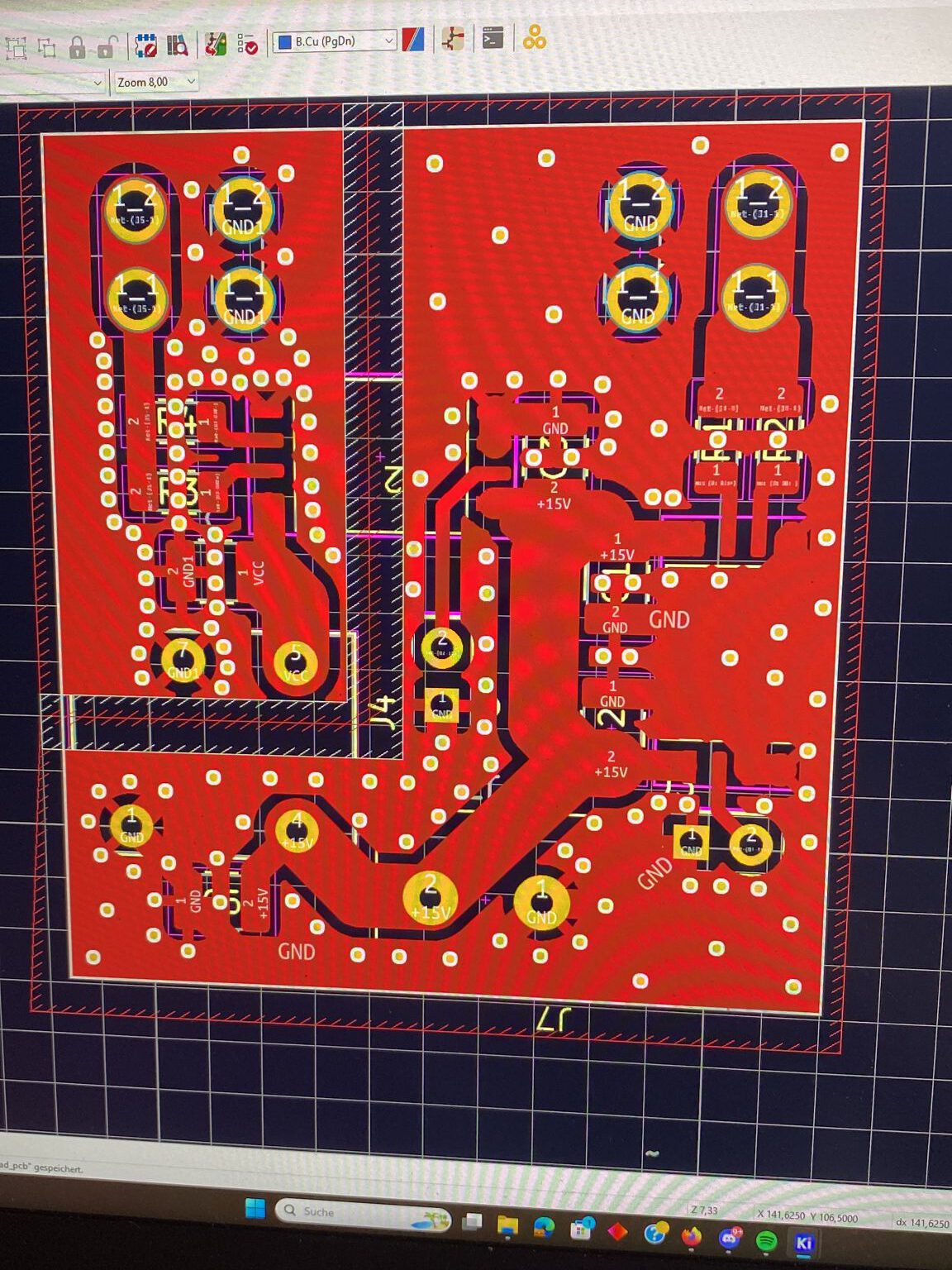
Create Your own Printed-Circuit-Boards
While getting a project up and running on a breadboard is the exciting part, enhancing its quality by designing a custom printed circuit board can be just as rewarding
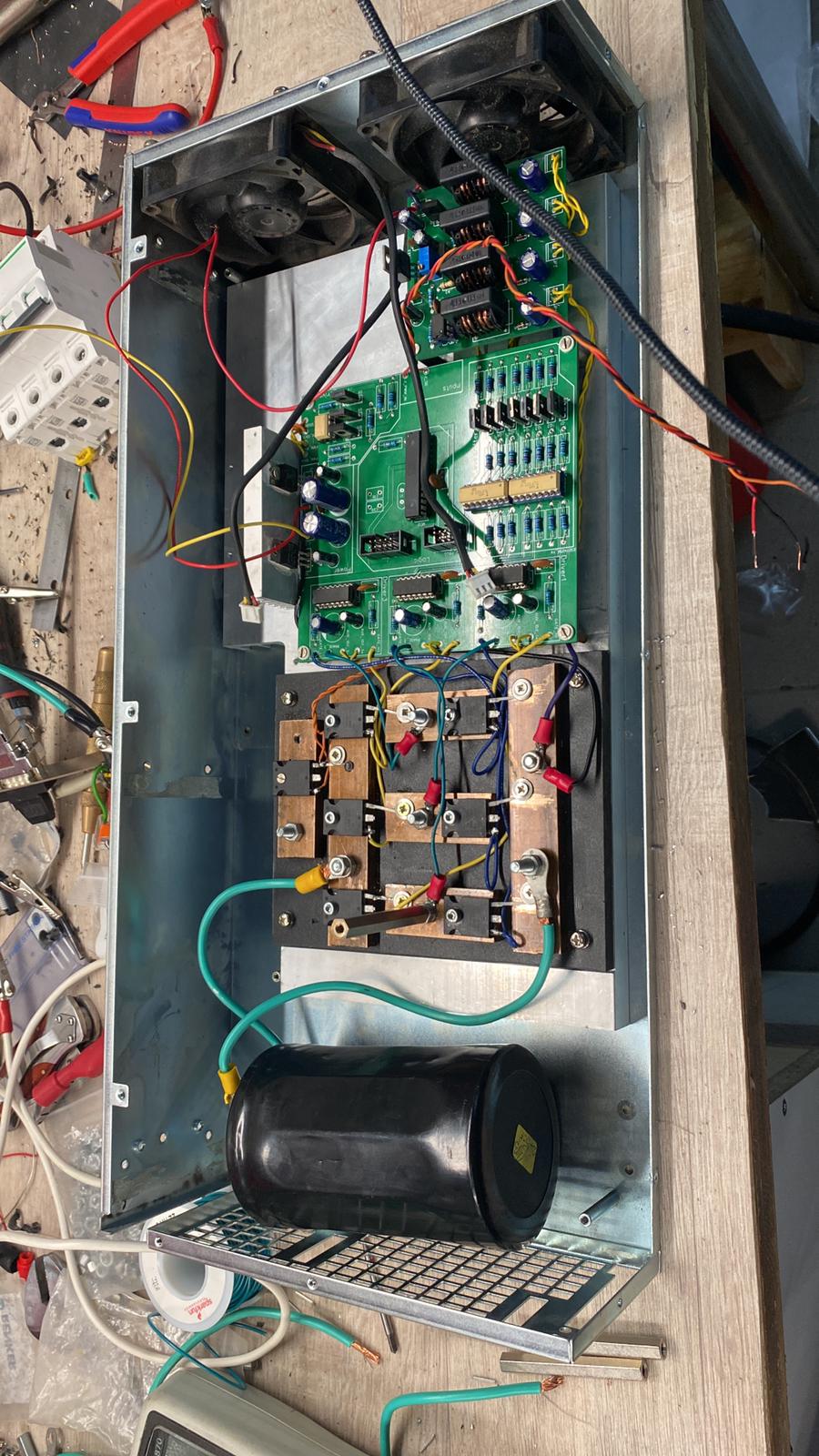
Commit to a long term project
As with everything, this is optional, but sticking with a long term project can enhance the depth of knowledge you will acquire on a given topic!
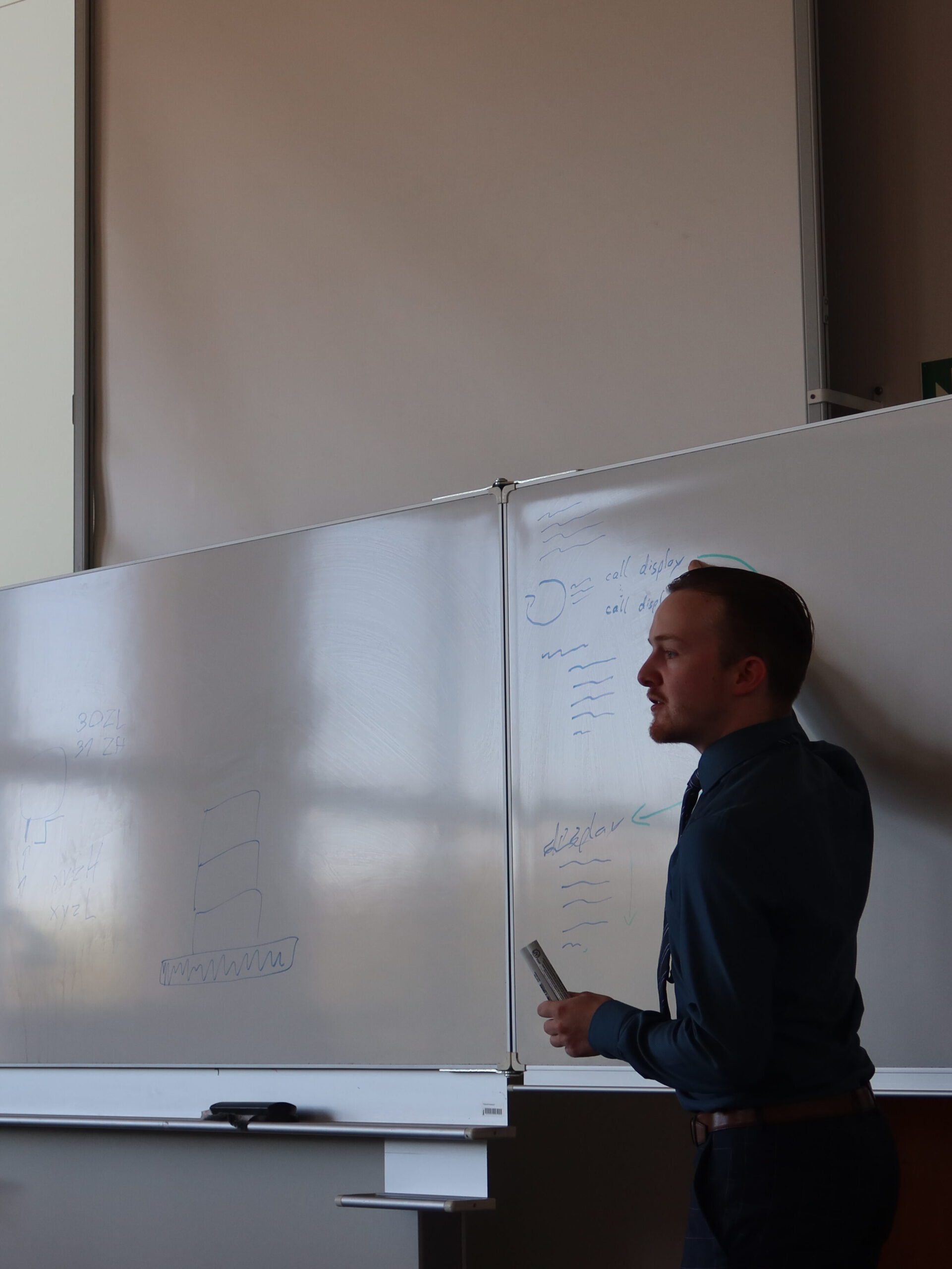
Share your knowledge
Yes, it might seem like there is always someone ahead of you in their journey, but there are also people starting out who you can boost along with the stuff you already know!
Useful side-quests
During my internship and in my overall experience as a hobby maker, I encountered a few extra skills that take some time to develop, but massively expand your options and capabilities as a DIYer!
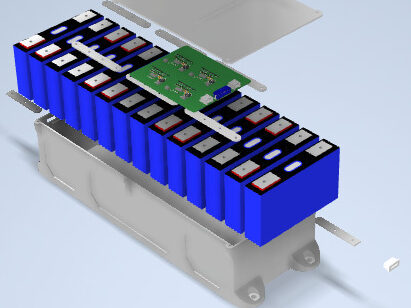
3D CAD Design
With every PCB comes the wish for a fitting housing, and with some projects there is the need for special mechanical components. The solution to the problem is learning CAD Design. And in my experience, the free license of Autodesk’s Fusion 360 Software is the most intuitive starter option for private projects. A great free option for casual business needs is FreeCAD.
Self-Host your Lab
While publicly available services like Cloud or version control tool provider are great, hosting your own software solutions entails a lot more possibilities with additional privacy. And you don’t need a rack server. Your old Laptop might do the Job just fine!
